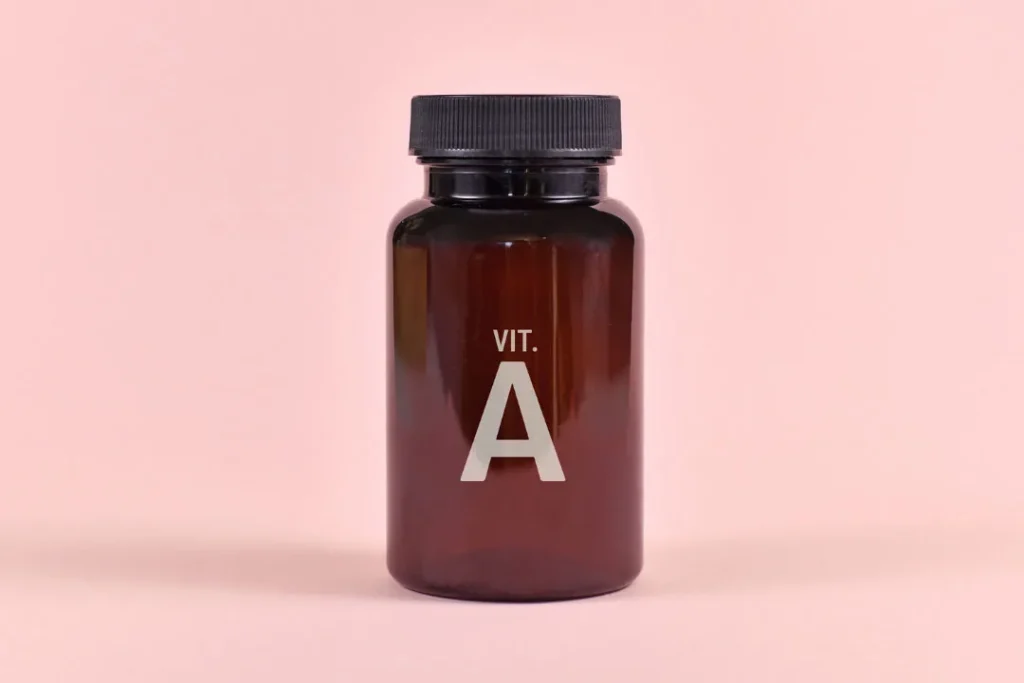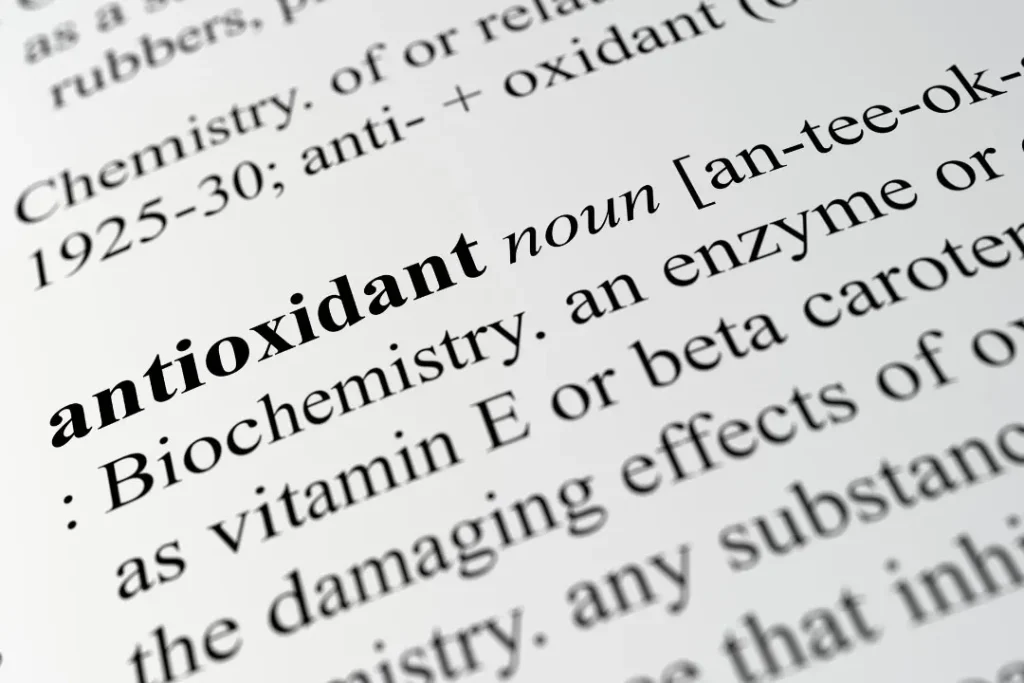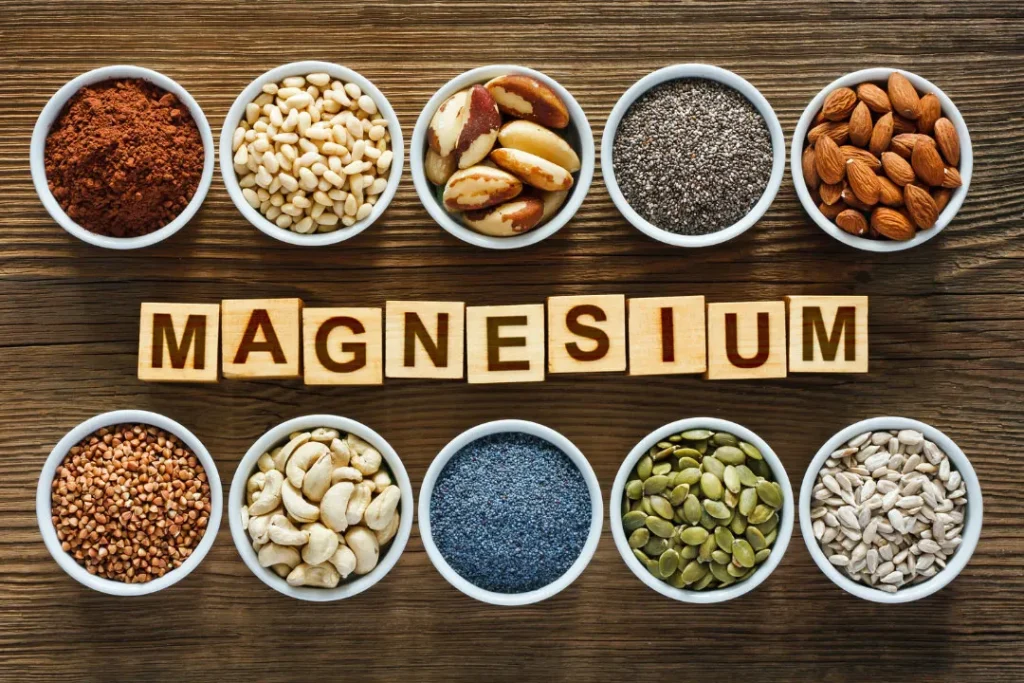The Date Palm (scientific name: Phoenix dactylifera), is an iconic plant that found in dry areas all over the world. Date Palm has been a mainstay of Middle Eastern and North African cuisines for ages. Dates are consumed in a variety of ways and are known for their sweet flavor. They can be eaten fresh, dried, or integrated into both traditional and contemporary foods. The Date Palm, nevertheless, has long been treasured for its possible medical benefits and employed in a variety of therapeutic settings. It is more than simply a food source, the evidence of which is present in the following article.
You May Also Like:
5 Great Nootropic Herbs for Focus and Mental Clarity
5 Great Nootropic Herbs for Energy, Focus, and Productivity
Date Palm: Benefits, Dosage, Side Effects, Drug Interactions, and Other Important Information is an original (NootropicsPlanet) article.
Nature of Date Palm:
A variety of bioactive substances, including sugars (fructose and glucose), dietary fiber, vitamins (A, B1, B2, B3, B5, C), and minerals, including calcium, potassium, magnesium, and iron all are found in the fruit of the Date Palm. High concentrations of phenolic components, including flavonoids and phenolic acids, contribute to the food’s antioxidant qualities. Along with a staggering variety of amino acids, date fruits also include carotenoids, tannins, and sterols.

Health Benefits of Date Palm:
- High in Antioxidants: Dates have been demonstrated to have powerful antioxidant capabilities because of their high phenolic content, which helps to combat oxidative stress, a major contributor in the development of chronic illnesses. Additionally, the presence of flavonoids, which control multiple inflammatory pathways in the body, contribute directly to Date Palm’s anti-inflammatory activities.
- Cardiovascular Health: Dates are a good source of potassium, a mineral that lowers the risk of stroke and heart disease by regulating blood pressure and heart rate. Additionally, the fiber in them lowers blood cholesterol levels.
- Digestive Health: By making stools more substantial and reducing constipation, the fiber in dates helps to maintain good digestive health. Furthermore, dates contain nicotinic acid, which has anti-ulcerative qualities and protect against the development and persistence of gastrointestinal ulcers.

Chemistry of Date Palm:
The fruit of the Date Palm contains an astonishing variety of bioactive substances, as was previously noted. The main components, namely glucose and fructose, are sugars, which also account for the fruit’s high calorie level. The medicinal promise of the date, however, is in the secondary metabolites.
These secondary metabolites include flavonoids and phenolic acids, among other phenolic chemicals that are abundant in dates. Dates include flavan-3-ols, flavonols, and anthocyanidins as well as ferulic, sinapic, and chlorogenic acids, which are phenolic compounds. These substances have strong antioxidant characteristics and have been linked to cardiovascular protection, anti-inflammatory, and anti-cancer benefits.
Carotenoids, which give dates their color and are known for their antioxidant capabilities, are among other significant components. In your body, they can be changed into vitamin A. While sterols are crucial for maintaining the integrity of cell membranes and hormone synthesis, dates also contain tannins that have antibacterial and astringent qualities.
Physiological Mechanism of Action:
- Antioxidant Benefits: Phenolic chemicals and carotenoids function as antioxidants, scavenging the body of potentially damaging free radicals. By reducing oxidative stress and inflammation, this process lowers your risk of chronic illnesses, including cancer, heart disease, and neurological disorders.
- Cardiovascular Benefits: The dietary fiber in dates transports cholesterol-containing bile salts out of the body by adhering to them. This helps manage blood cholesterol levels. Moreover, potassium is a crucial element for healthy blood pressure and heart function, which are key to achieving and sustaining cardiovascular health.
- Digestive Health: Maintaining regular bowel motions also requires dietary fiber. Dates give the stools more volume, which aids in preventing constipation. In addition to the presence of fiber, the nicotinic acid in dates has anti-ulcerative qualities that lower the incidence of stomach ulcers.
- Anti-inflammatory Benefits: Flavonoids have been shown to reduce the synthesis of inflammatory mediators, such cytokines and enzymes, hence lowering inflammatory reactions in the body. A strong immune system is bolstered by the availability of vitamins like vitamin C and minerals like magnesium.

Optimal Dosage of Date Palm:
Despite the fact that Date Palm fruit has health advantages, the ideal dosage is yet unknown. The type of date and its stage of maturity have a big impact on the fruit’s nutritional value. However, generally speaking, adding 3 – 5 dates to a balanced diet each day seems to offer considerable health advantages without substantially increasing calorie consumption.
Side Effects of Date Palm:
Although Date Palm fruits are often well digested, excessive intake can cause digestive problems including bloating, gas, and diarrhea because of their high fiber content. Due to dates’ high fructose content, people who are fructose intolerant should likewise limit their intake.

Potential Substance Interactions:
There may be interactions between Date Palm and certain chemicals, notably pharmaceuticals. Hyperkalemia might result within consumer of Date Palm as a result of its high potassium content interacting with potassium-sparing diuretics. Additionally, several medications, including some types of antidepressants and the anticoagulant warfarin, may not be absorbed as relatively well due to the high fiber level.
Also, dates have hypoglycemic effects on the body, which might have consequences for people on anti-diabetic drugs and possibly result in a synergistic impact that causes hypoglycemia. Patients who are on medication should always speak with a doctor before dramatically increasing their date consumption.
Best Responsible Use
Date Palm, a fruit whose nutritional worth has long been recognized, has emerged as a potent functional food with a wide range of health advantages. Antioxidant, anti-inflammatory, cardiovascular, and digestive health benefits are just a few of the advantages offered by its potent mixture of phytochemicals. However, consumption in moderation is vital for all foods within a person’s diet. Overconsumption might cause stomach problems, and interactions with some drugs should be taken into account. Future studies are required to better understand the mechanisms underlying its health advantages and to establish more exact dose recommendations. For the time being, it seems that including dates in a well-balanced diet is a pleasant and advantageous approach to improve one’s health.
Date Palm:
Conclusion
Perhaps, you are one of the millions of people who are already aware of Date Palm and eat it on a regular basis. Perhaps, this is your first encounter learning about Date Palm and how it can be delicious and nutritious. Whatever your experience is with Date Palm, there is little doubt that adding it as part of your dietary choices benefits your tastebuds as well as other, potentially more complex activities in your body. Use this article and other resources to build your understanding of Date Palm. Take your health history and health goals into consideration, then think about or choose to include Date Palm in your meals.
References:
- “Date Palm Fruit (Phoenix dactylifera L.): An Underutilized Fruit Seeking Industrial Valorization.” Retrieved from: https://www.sciencedirect.com/science/article/pii/S2352364616300463
- “Special issue on ‘Date Palm current research.’” Retrieved from: https://www.researchgate.net/publication/314543814_Special_issue_on_Date_palm_current_research
- “Date Palm Project.” Retrieved from: https://mel.cgiar.org/projects/236
Important Note: The information contained in this article is for general informational purposes only, and should not be construed as health or medical advice, nor is it intended to diagnose, prevent, treat, or cure any disease or health condition. Before embarking on any diet, fitness regimen, or program of nutritional supplementation, it is advisable to consult your healthcare professional in order to determine its safety and probable efficacy in terms of your individual state of health.
Regarding Nutritional Supplements Or Other Non-Prescription Health Products: If any nutritional supplements or other non-prescription health products are mentioned in the foregoing article, any claims or statements made about them have not been evaluated by the U.S. Food and Drug Administration, and such nutritional supplements or other health products are not intended to diagnose, treat, cure, or prevent any disease.


